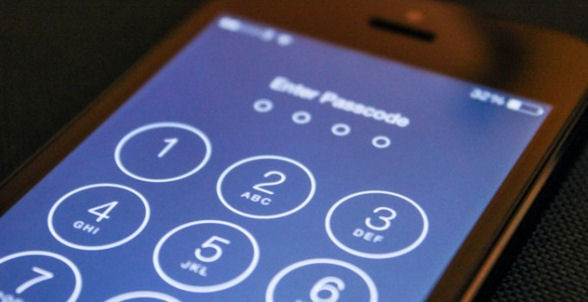Tech giant Apple has found itself embroiled in a legal war with the US Government after defying a court order to disable a key security feature of its popular iPhone.
The unusual scenario comes about as the FBI struggles to unlock the phone of Syed Farook, one of the gunmen shot dead after embarking on a killing spree in San Bernardino, California on 2 December last year. Farook’s phone is believed to include “relevant, critical data” about the shooting.

Earlier this week, a federal judge ordered Apple to disable the feature that wipes all data on the phone after 10 unsuccessful attempts at entering the correct password. It has since come to light that Apple isn’t actually able to do this, with CEO Tim Cook stating that, “For many years we have used encryption to protect our customers’ personal data because we believe it’s the only way to keep their information safe. We have even put that data out of our own reach because we believe the contents of your iPhone are none of our business.”
More controversial, however, has been Apple’s refusal to provide access by building a backdoor which would circumvent the password feature with opinions divided over whether the company should comply. Specifically, the court order requests that Apple installs a new operating system (iOS) on Farook’s iPhone allowing investigators an unlimited number of attempts at guessing the password.
![[b]Apple CEO Tim Cook[/b]](http://www.wgm8.com/wp-content/uploads/2016/02/images_wgm_online-only_lifestyle_2016_19-02-16-2.jpg)
Commentators the world over have offered wildly differing thoughts on whether Apple should comply and why. On the other hand, public opinion seems to heavily fall on the side of Apple, with one online reader of the site techdirt.com stating, “this action might be described as a judge ordering a doctor to reanimate a corpse in order to further question it.”
For our part, the team here at WGM tends to agree with Apple’s official reasoning on the matter.
“In the wrong hands, this software – which does not exist today – would have the potential to unlock any iPhone in someone’s physical possession,” Cook said. “The FBI may use different words to describe this tool, but make no mistake: Building a version of iOS that bypasses security in this way would undeniably create a backdoor. And while the government may argue that its use would be limited to this case, there is no way to guarantee such control.”







